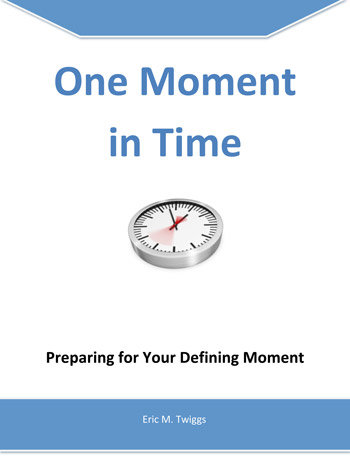How to Avoid the Biggest Dream Killer
"Many people die with their music still in them.”
Oliver Wendall Holmes
While relaxing a few weeks ago, I happened to come across a movie titled You Don’t Mess With The Zohan starring Adam Sandler. Zohan, Adam’s character, had left his native country to pursue his dream of becoming a hair dresser in America. There was a pivotal point in the movie where Zohan became frustrated by his many failed attempts to land a hair dresser job and decided that he would settle for a sales position in his friend’s electronic store.
The owner of the store declined Zohan's request pointing to three store employees as examples. The first worker came to America with a dream of becoming a race car driver, but gave up on it to work at the store. He then pointed to the next worker who dreamed of becoming a famous comedian, but never picked up a microphone. The third employee had dreams of becoming a great hand model, but ended up selling cell phones for a living.
The three employees let comfort become the enemy of their calling. What they thought was a temporary stop, became their permanent destination. They were victims of the biggest dream killer known to man. What can you do you avoid becoming a victim? Before, I answer this question; let’s get clear on the identity of the top dream killer.
Fear of Failure
A fear of failure is the biggest dream killer and the most common reason that people procrastinate. If you commit to adopting the right perspective, your chances of achieving your dream increase.
For example, I have a friend whose dream is to become a famous professional speaker. He recently joined four Toastmasters clubs. I thought this was over the top, so I asked him why he did it. He told me that being in four clubs will give him four times the failures of the average speaker and by quadrupling his failure rate; he will reach his goal faster! Noted author and speaker John Maxwell said it best when he said “Experience is not the best teacher, EVALUATED experience is.” Without evaluated experience, we will repeat the same mistakes and not reach our full potential.
If you adopt this perspective on failure, you will not procrastinate in the pursuit of your dream. Like Zohan’s friend, I refuse to allow you to settle for less. I am your procrastination prevention partner.
If you found this to be helpful, please share it by using the social media share buttons at the bottom.
Sincerely,
Eric M. Twiggs
Your Procrastination Prevention Partner
PS. To get additional information on the reasons that you procrastinate, get a copy of my ebook.
